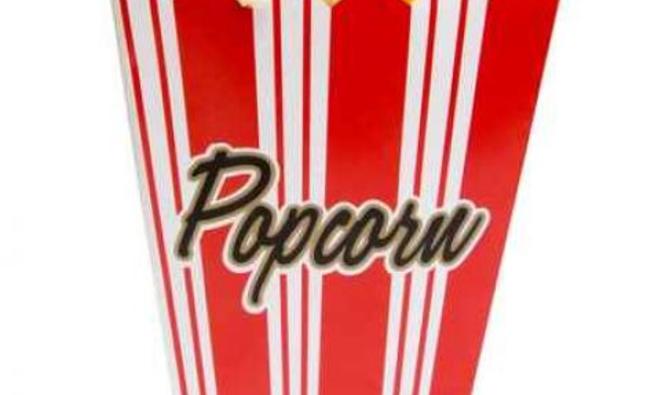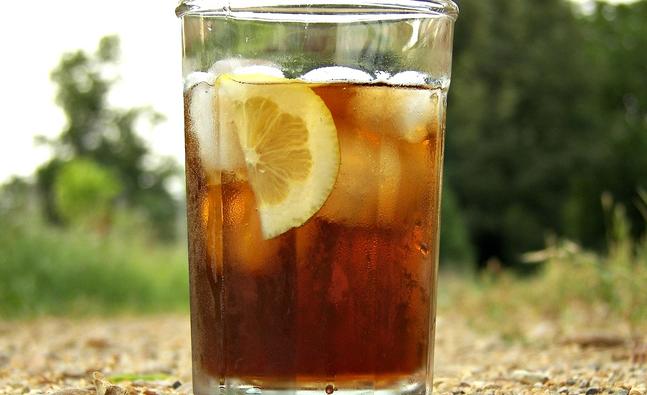New Study Says Exercise Is Better Than Dieting for Cutting Calories: Lets Discuss
Recent research has found that diet and exercise are both important for ditching extra weight, but that your diet may have a slight edge. These studies suggest that eating well alone should make the pounds come off, but a new small study is challenging that notion.
In the study, which was published in the journal Medicine & Science in Sports & Exercise, scientists followed a total of 22 women and 10 men as they monitored their hormonal, psychological, and behavioral responses to eating. Some of the participants exercised, while others were on food restriction over nine hours. And here's what happened: Participants achieved the same calorie deficit, whether they exercised or ate less.
When people were put on a food restriction, scientists found that they had increased levels of the hunger hormone ghrelin and lower levels of the hunger-fighting hormone peptide YY. They also ate almost a third more at a buffet meal than people who exercised more.
RELATED: 4 Ways Hormones Eff with Your Weight
On average, people who exercised more ate 660 calories at the buffet meal vs. the 944 calories eaten by people who simply ate less before the meal.
As a result, researchers concluded that exercise is more effective than restricting your diet if your goal is to cut back on calorie consumption—as most people looking to lose weight do.
“Some researchers have claimed that women's appetites, appetite hormones, and food intake are more likely to increase after exercise than men's—our new study shows that this is not the case, at least over the course of a single day,” says lead study author David Stensel, Ph.D., an associate dean in Loughborough University’s School of Sport, Exercise, and Health Sciences.
RELATED: What You Need to Know if You’re Drinking Lemon Water for Weight Loss
Stensel says he thinks many people are surprised that exercise does not necessarily increase food intake (at least in the short term), adding that he was too when he first started researching this topic.
So…what's going on here?
While certified dietitian-nutritionist Gina Keatley acknowledges that the study was small, she calls the research “sound” and says there’s a valuable lesson here. “Drastically reducing calories is not the answer for weight loss,” she says. Amen, sister.
Aerobic exercise, like running, causes the body to repress the release of gherlin, or hunger hormones, says Keatley. When you compare that to just cutting back on your calorie intake and not having the hormone-repressing benefit of exercise, it just makes sense that you’d be hungrier when you didn’t eat as much.
Stensel says his study doesn’t necessarily confirm that exercise is better than diet for weight loss—just that you'll probably be less hungry after working out than cutting way back on how many calories you ate.
RELATED: 5 Crucial Things to Do if You're Exercising for Weight Loss
And you can totally use this info to your advantage. If you’re trying to lose weight, it might be worth working out before you have breakfast or after work before dinner. You’ll likely end up eating less, which can really add up over time.
But, when it comes to the old diet vs. exercise debate, Stensel says you shouldn’t have to choose: “We think that both diet and exercise are important for weight loss in the longer term.”
-
Eat eggs to beat sugar cravings
-
The Top 4 Times People Cheat On Their Diets
In an ideal world, you on a diet would mean you living in a tropical p
-
Losing Sleep on Weekdays May Lead to Weight Gain and Diabetes
Between a bananas work schedule and social jet lag, it’s easy to
-
Can you really eat whatever you want on weekends and still lose weight?
-
Avoid mayonnaise and avoid weight gain
-
5 Freezer-Friendly Foods Thatll Help You Burn More Fat
This article was written by Lizzie Fuhr and repurposed with permission
- DON'T MISS
- Can Cold Temps Help You Lose Weight and Live Longer?
- Lose the cheese if you want to lose the weight
- The Secret to Weight-Loss Results, No Matter Which Diet You Follow
- 3 âPlaytimeâ exercises you can do at home
- Participate in organising events and burn calories at the same time
- âWhat I am tomorrow, is what I eat todayâ
- Invest in losing weight and make it happen!
- Top 10 Zubaida Tariq Tips For Weight Loss
- Balance exercise with diet
- Proven: 7 Best WEIGHT LOSS tips that actually work




